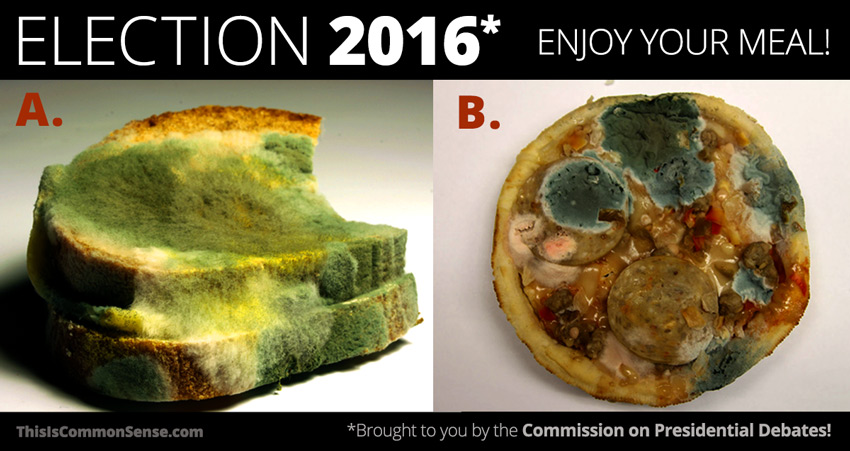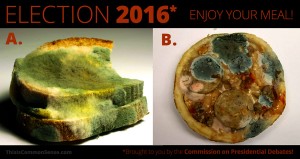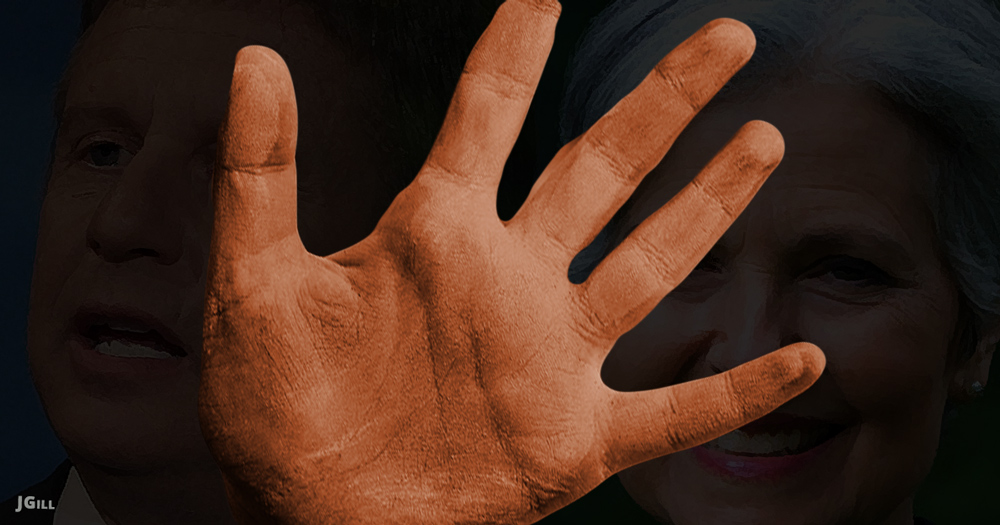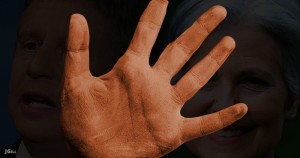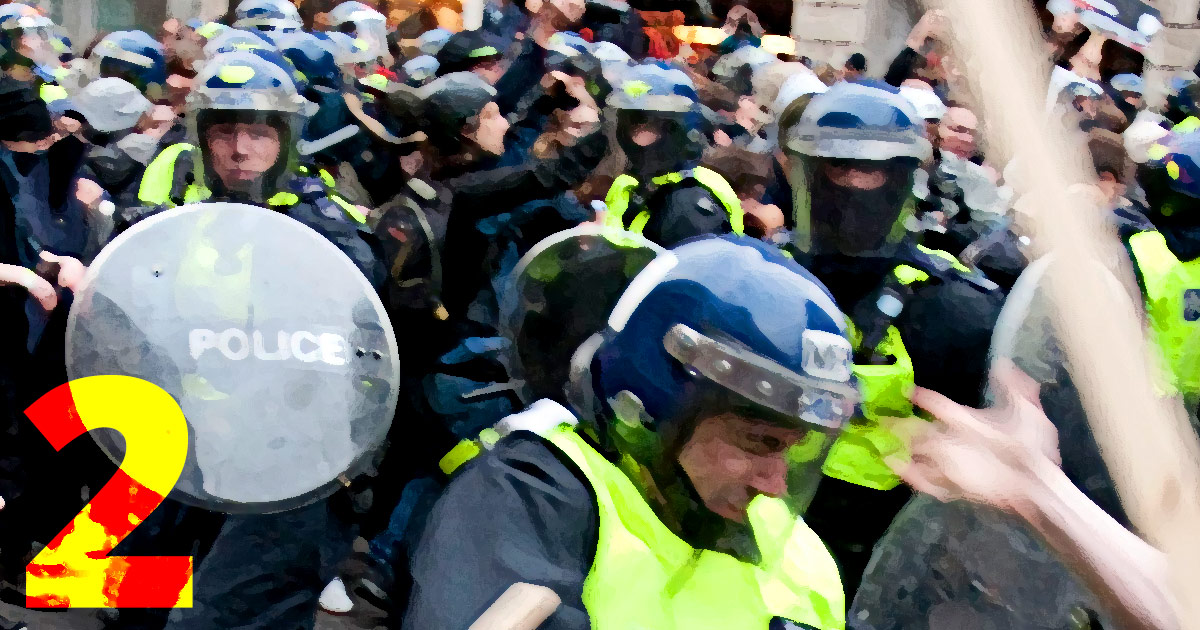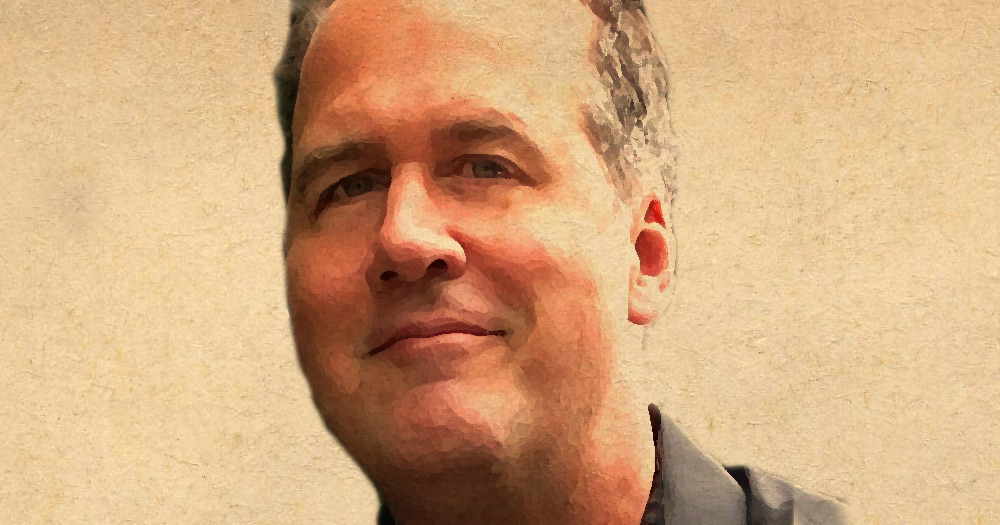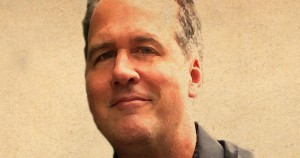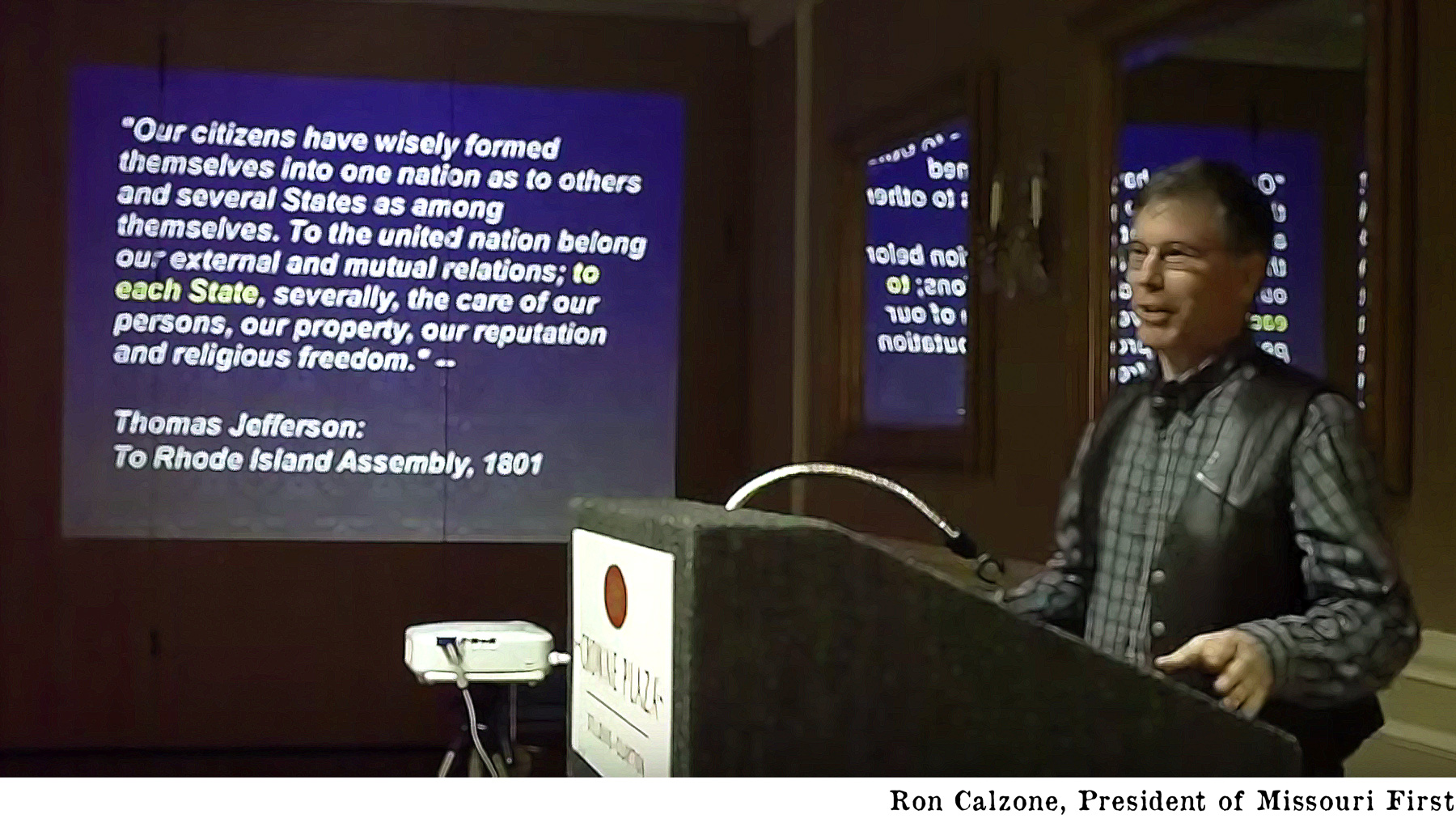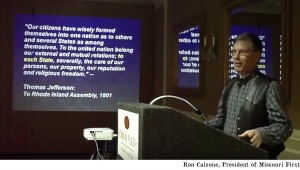What if our economy worked like our political system?
Only two major companies would provide any particular product for sale. But don’t worry — we’d still have a solid choice between “This Product Is Obnoxious” and “I Don’t Trust This Product.”
Those two companies would create a non-profit entity — a Commission on Product Debates — empowered to determine the rules under which any upstart company could present its “third-choice” product to consumers.
That Commission would prevent any third-choice product from standing on the marketplace stage where consumers could compare it face-to-face with the two established choices … until it captured 15 percent of the market.
Last week, in real life, the Commission on Presidential Debates announced that its upcoming September 26th debate would feature only Republican Donald Trump and Democrat Hillary Clinton.
Neither Libertarian Gary Johnson, averaging 8.4 percent in the five commission-approved polls, nor Dr. Jill Stein, the Green, at 3.2 percent, met the 15 percent threshold set by the Commission.
Forget that polls also show nearly two-thirds of consumers — er, voters, want Johnson and Stein in the debates. You can’t win ’em all.
Or any at all … if you can’t take your product to market. And the presidential debates are an essential space in today’s political marketplace.
No third-party or independent presidential candidate has been allowed on that debate stage since Ross Perot qualified in 1992, at the time polling at 8 percent — below Johnson’s current percentage.
That was before the Commission required a polling threshold. After those debates, one in five Americans voted for Perot on Election Day.
Duopolies do not serve us well. They cannot. That is not even their aim.
This is Common Sense. I’m Paul Jacob.
